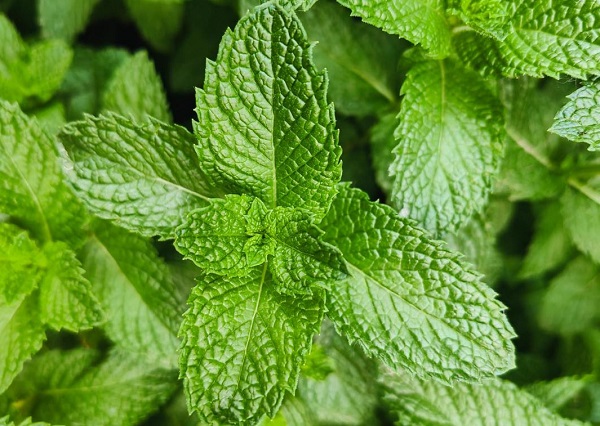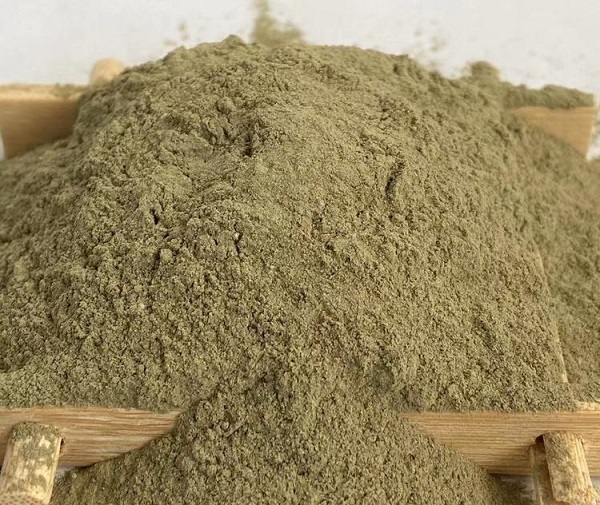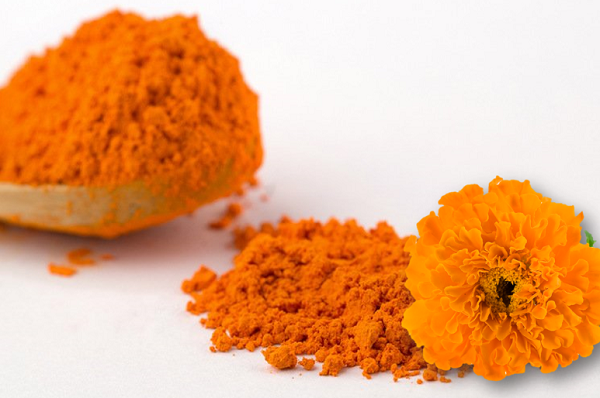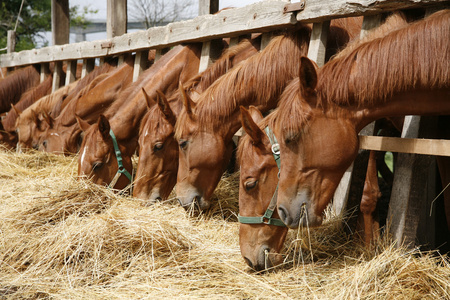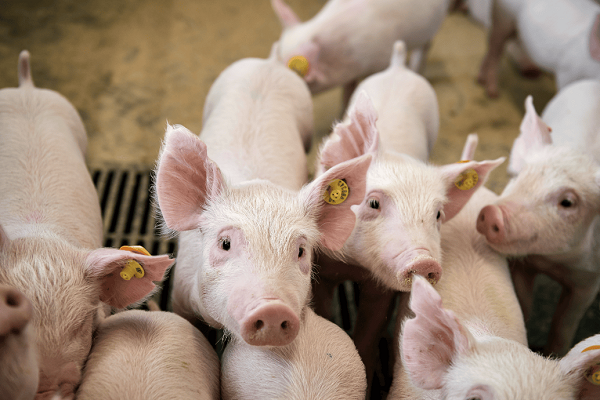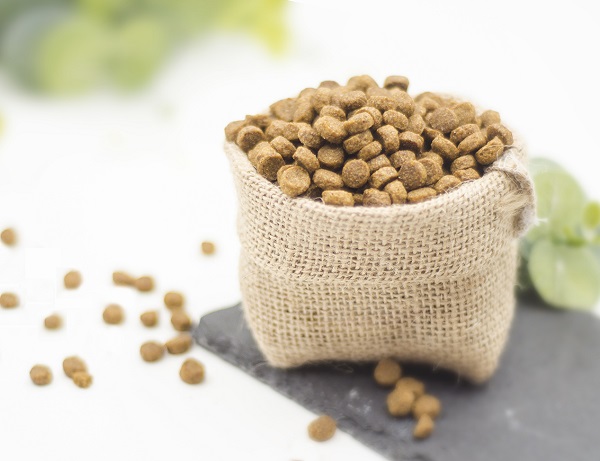Follow Us:
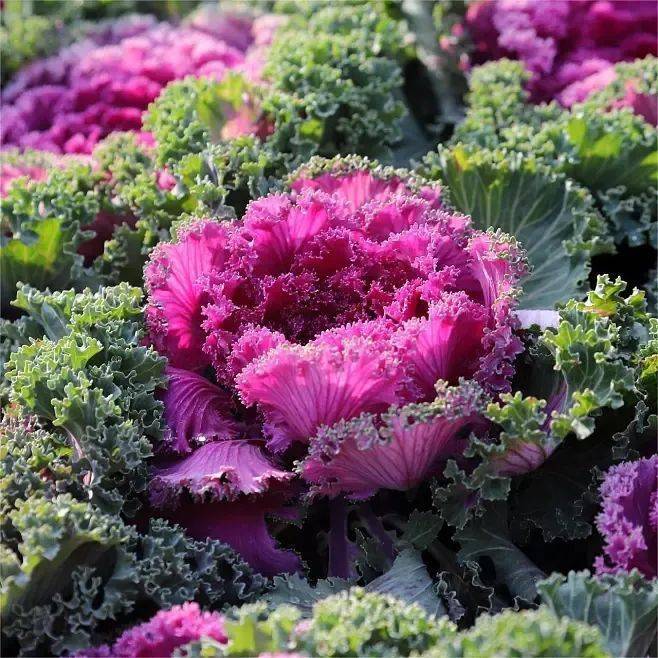
Can Chickens Eat Kale? Learn the Facts
There has been a lot of debate lately about whether or not chickens can eat kale. As a farmer, you know that a healthy, varied diet is essential for the health of your chickens. A nutritious diet helps increase egg production, boosts immunity, and makes for an overall healthier flock. You may often choose to feed your chickens some supplemental feed, but can chickens eat kale? As a kale powder manufacturer, in this blog, we’ll explore everything you need to know about feeding kale to chickens, from its nutritional content to how to include it in your chickens’ diet.
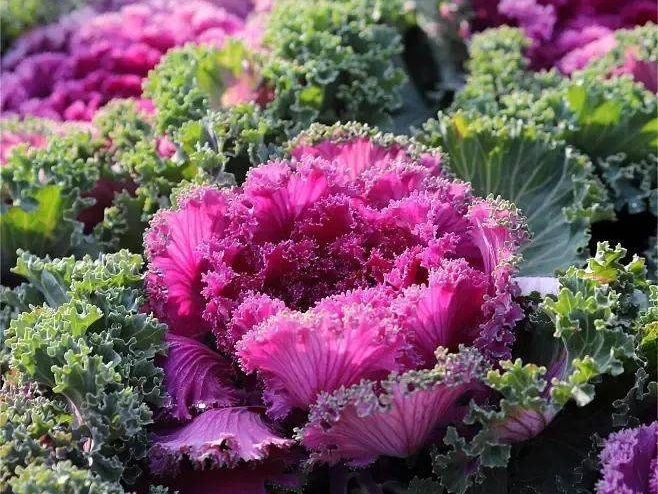
What is Kale?
Kale is a leafy green vegetable that belongs to the Brassica family. It has a slightly bitter taste and comes in various colors, including dark green, purple, and even red. Kale is known for its rich nutritional content and is a popular choice for people seeking a healthier diet. The plant can be grown in a variety of climates, making it also a good choice for farmers looking to provide a nutritious homegrown feed.
Can Chickens Eat Kale?
Yes, your chickens can absolutely eat kale! In fact, it can be a healthy and nutritious supplement to their regular diet. Kale provides important vitamins, minerals, and antioxidants that help boost their immune system, improve feather quality, and support overall health. It’s especially beneficial for laying hens, as the calcium and vitamin K in kale help support bone strength and eggshell formation.
Nutritional Components of Kale
Kale is packed with essential vitamins and minerals that can benefit both humans and chickens. Here’s a breakdown of the nutritional components of kale that make it an excellent addition to a chicken’s diet:
- Vitamins: Kale is rich in vitamins A, C, and K. Vitamin A promotes healthy vision and immune function in chickens, while vitamin C supports their immune system and helps reduce stress. Vitamin K is important for blood clotting and bone health.
- Minerals: Kale contains important minerals like calcium, iron, and magnesium. Calcium is vital for strong eggshells and bone development, while magnesium plays a role in nerve and muscle function.
- Antioxidants: Kale is full of antioxidants like beta-carotene and flavonoids that can help combat oxidative stress and promote overall health in chickens.
- Fiber: Kale is a good source of dietary fiber, which aids in digestion and helps maintain a healthy gut microbiome for chickens.
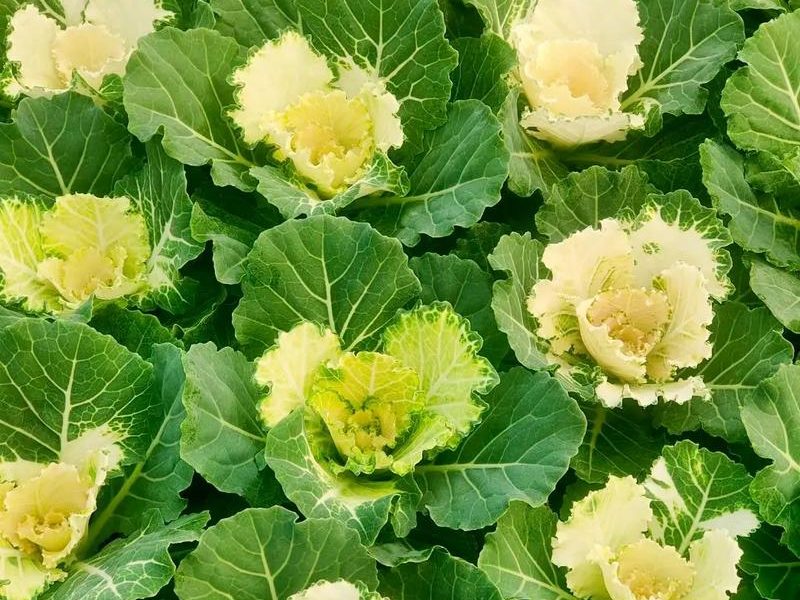
Several Varieties of Kale
- Curly Kale: The most common variety, known for its tightly curled, frilly leaves.
- Lacinato Kale (Dinosaur Kale): Characterized by long, dark blue-green leaves with a bumpy texture.
- Red Russian Kale: Has flat, light green to reddish leaves with purple stems.
- Siberian Kale: Cold-hardy and produces mild-tasting leaves.
All varieties of kale can be fed to chickens. Whichever variety you choose, always ensure the kale is fresh and free from pesticides or chemicals.
Benefits of Feeding Kale to Chickens
BorecoleImproved Immune Function: The high vitamin C and antioxidants in Borecole can help boost your chickens’ immune systems, making them less susceptible to diseases and illnesses.
Better Egg Production: Kale contains important minerals like calcium and magnesium, which support egg production and the formation of strong eggshells.
Stronger Feathers and Healthy Skin: The vitamin A content in kale supports healthy feather growth and skin health, reducing the risk of feather loss and skin problems.
Digestive Health: The fiber in kale aids digestion and promotes healthy gut function.
Rich in Nutrients: With its dense concentration of nutrients, Chou frisé is an excellent supplement for your chickens during winter months when fresh pasture might be scarce.
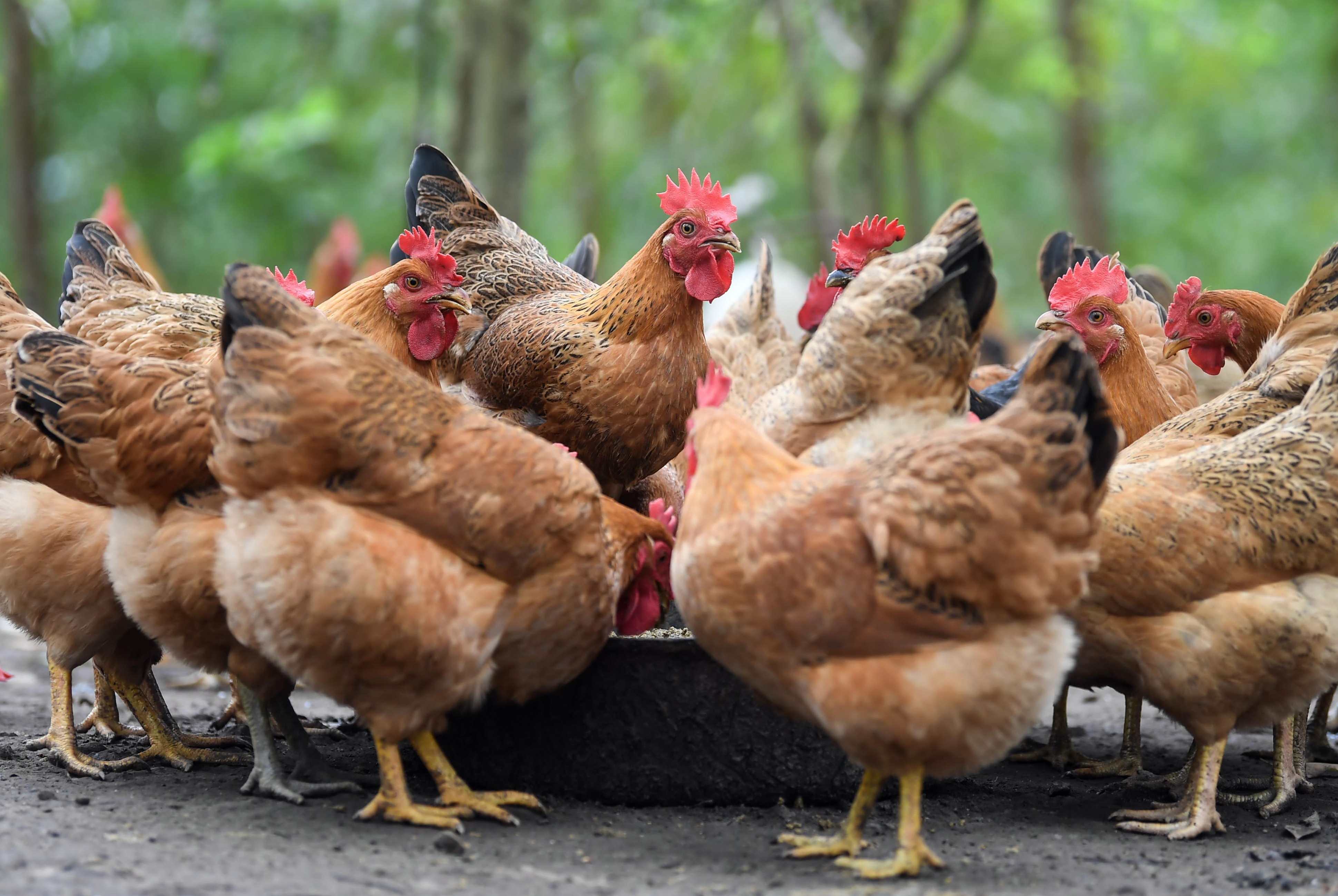
How to Feed Kale to Chickens?
You can feed kale to your chickens in various ways, depending on your preference and available time:
- Fresh or Chopped: Offer fresh kale leaves, either whole or chopped. Chickens love to peck at leaves, and this can help them engage in natural foraging behavior.
- Kale in a Treat Block: You can tie fresh kale in a bunch and hang it in the chicken coop or run. This encourages foraging and movement, which can be beneficial for your chickens’ physical activity.
- Kale in Feed Mix: Some farmers mix dried kale or kale powder into their regular feed. This makes it easy to incorporate into their diet, especially if you’re using a commercial feed formula.
Tips for Feeding Kale to Chickens
Kale in Feed Mix: Some farmers mix kale powder into their regular feed. This makes it easy to incorporate into their diet, especially if you’re using a commercial feed formula.
Moderation Is Key: It’s best to feed Col rizada in moderation. A balanced diet with a variety of vegetables will ensure your chickens get the full range of nutrients they need.
Where Can I Buy Kale Powder?
GREEN AGRI is a botanical feed ingredients manufacturer with 20 years of experience. We specialize in producing high-quality kale powder for sale. Just send an email to info@greenagribio.com to get bulk kale powder.
Our kale comes from a reliable planting base and uses a special process to retain the nutrients of the kale to the greatest extent. It does not contain additives, pesticide residues, or heavy metals. Our kale powder has passed Halal and organic certifications and is very suitable for adding to your animal feed.
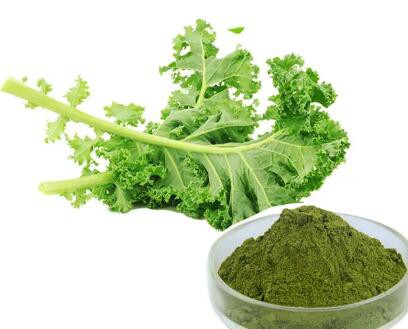
How to Judge the Quality of Kale Powder
When purchasing kale powder, check the following:
- Organic Certification: Choose a product that is organically grown to avoid harmful chemicals or pesticides.
- Purity: Ensure the powder is pure kale, with no additives, preservatives, or fillers.
- Packaging: Kale powder should be stored in airtight, opaque containers to protect it from light and moisture, which can degrade the nutritional content.
- Color: High-quality Cavolo riccio powder should be a vibrant green color, indicating it retains most of its nutrients.
Conclusion
In conclusion, kale is a nutritious, tasty treat that can benefit your chickens’ health. By adding kale to your poultry feed, you’ll help support your flock’s immune system, egg production, and overall vitality. If you’re looking for kale powder, contact us today!
FAQs
Q: Can kale be fed to chickens daily?
A: Kale can be fed daily but in moderation. Too much kale can cause digestive issues due to its high fiber and oxalate content.
Q: Can kale replace other greens in a chicken’s diet?
A: Kale is a great supplement but should not replace a variety of greens. Chickens benefit from diversity in their diet, so offer other greens like spinach, lettuce, or herbs.
Q: Can I feed kale to my chickens during winter?
A: Yes! Kale is an excellent winter supplement as it’s packed with nutrients and can be harvested year-round, even in colder climates.
Reference:
https://www.thehappychickencoop.com/can-chickens-eat-kale/
https://en.wikipedia.org/wiki/Kale
https://cs-tf.com/can-chickens-eat-kale/













